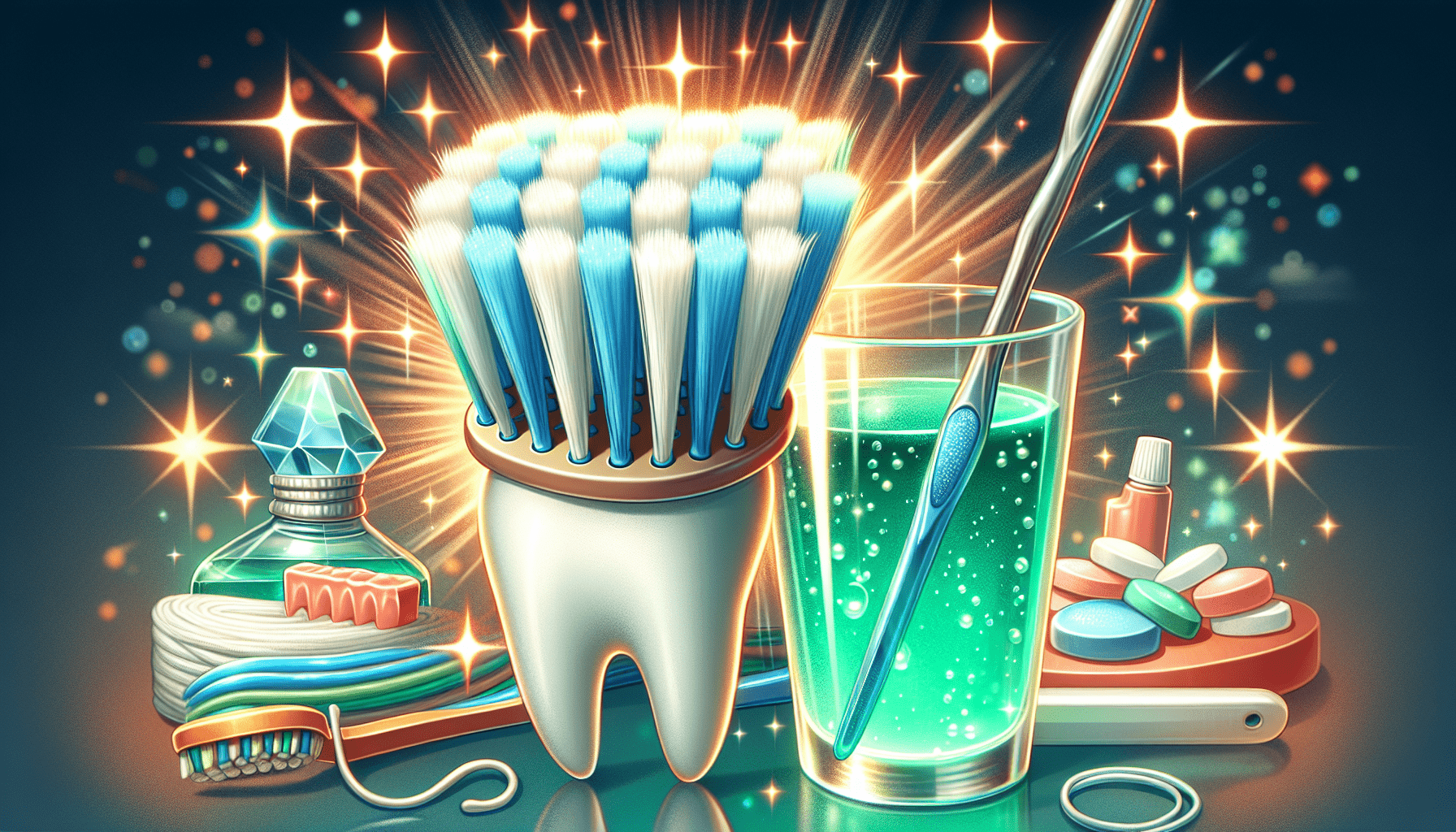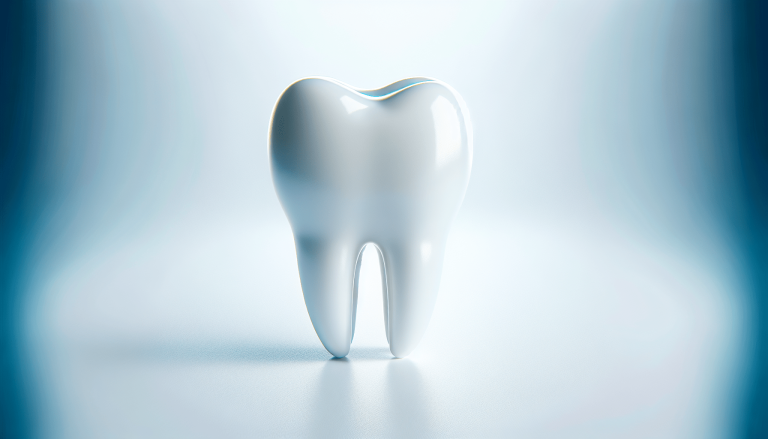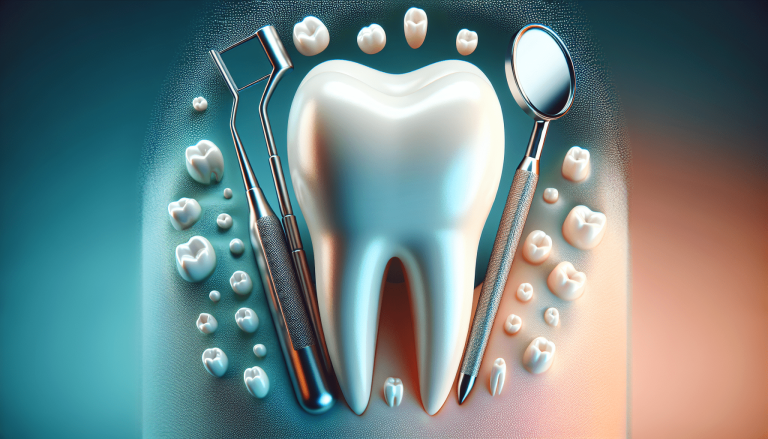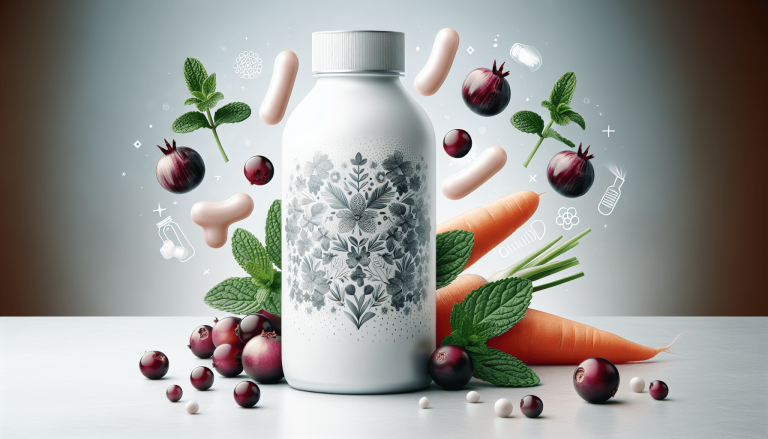How Can I Get My Teeth Healthy Again?
If you’re wondering how to restore the healthiness of your teeth, look no further! In this article, we will explore the various steps and tips you can follow to regain that sparkling smile. From practicing good oral hygiene to making smart dietary choices, we’ve got you covered. So, let’s embark on this journey towards a healthier set of pearly whites together!
Brushing Techniques
Choose the Right Toothbrush
When it comes to maintaining good oral hygiene, choosing the right toothbrush is crucial. Opt for a toothbrush with soft bristles, as hard bristles can damage your gums and tooth enamel. Additionally, ensure that the toothbrush has a small head to easily access hard-to-reach areas in your mouth. Remember to replace your toothbrush every three to four months or sooner if the bristles become frayed.
Brush Twice a Day
Brushing your teeth twice a day is a fundamental part of an effective dental care routine. Make it a habit to brush your teeth in the morning and before going to bed. Brushing in the morning helps remove the plaque and bacteria that have accumulated overnight, while brushing at night eliminates the residue from the day’s meals and snacks. Aim to spend at least two minutes each time you brush, ensuring that you reach all surfaces of your teeth.
Use Proper Brushing Technique
Alongside brushing twice a day, using the proper brushing technique is vital to maintain optimal oral health. Hold your toothbrush at a 45-degree angle and use gentle, circular motions to brush your teeth. Be sure to clean the outer, inner, and chewing surfaces of your teeth. Don’t forget to brush your gumline, where plaque tends to accumulate. Remember, effective brushing requires patience and thoroughness.
Don’t Forget to Brush Your Tongue
While brushing your teeth is essential, don’t neglect your tongue. Bacteria can accumulate on the surface of your tongue, leading to bad breath and other oral health issues. Use your toothbrush or a tongue scraper to gently brush or scrape your tongue from back to front. This helps remove bacteria and freshen your breath. Incorporating tongue brushing into your daily routine can greatly improve your overall oral hygiene.
Consider Electric Toothbrushes
Electric toothbrushes are becoming increasingly popular due to their ability to provide efficient and effective cleaning. The rapid movements of the bristles can remove plaque and food particles more thoroughly than manual brushing alone. Electric toothbrushes are particularly beneficial for individuals with limited dexterity or those who struggle with proper brushing technique. Talk to your dentist about whether an electric toothbrush is a suitable option for you.
Flossing and Mouthwash
Don’t Skip Flossing
Flossing is just as important as brushing when it comes to maintaining oral health. While brushing cleans the surfaces of your teeth, flossing helps remove plaque and food particles from between your teeth and along the gumline. Take the time to floss at least once a day, preferably before brushing, to ensure a thorough clean. Consider using floss picks or water flossers if traditional flossing techniques are challenging for you.
Use Correct Flossing Technique
To maximize the benefits of flossing, it’s essential to use the correct technique. Start by taking about 18 inches of dental floss and wrap it around your middle fingers, leaving a few inches between them to work with. Gently slide the floss between your teeth using a back-and-forth motion, making sure to curve around the base of each tooth. Be cautious not to snap the floss against your gums, as it can cause irritation or injury.
Incorporate Mouthwash into Your Routine
Mouthwash is a valuable addition to your dental care routine. It can reach areas that brushing and flossing may miss, providing an extra layer of protection against plaque and bacteria. After brushing and flossing, rinse your mouth with a mouthwash recommended by your dentist. Mouthwash can help freshen your breath, reduce plaque buildup, and prevent gum disease. Choose a mouthwash that is alcohol-free to avoid drying out your mouth.
Select an Effective Mouthwash
With a variety of mouthwashes available, it’s important to choose one that addresses your specific oral health needs. Look for mouthwashes that contain fluoride, as this mineral helps strengthen tooth enamel and prevent tooth decay. If you have sensitive teeth or gums, opt for a mouthwash designed to alleviate sensitivity. Consult with your dentist or dental hygienist to find the most suitable mouthwash for you.
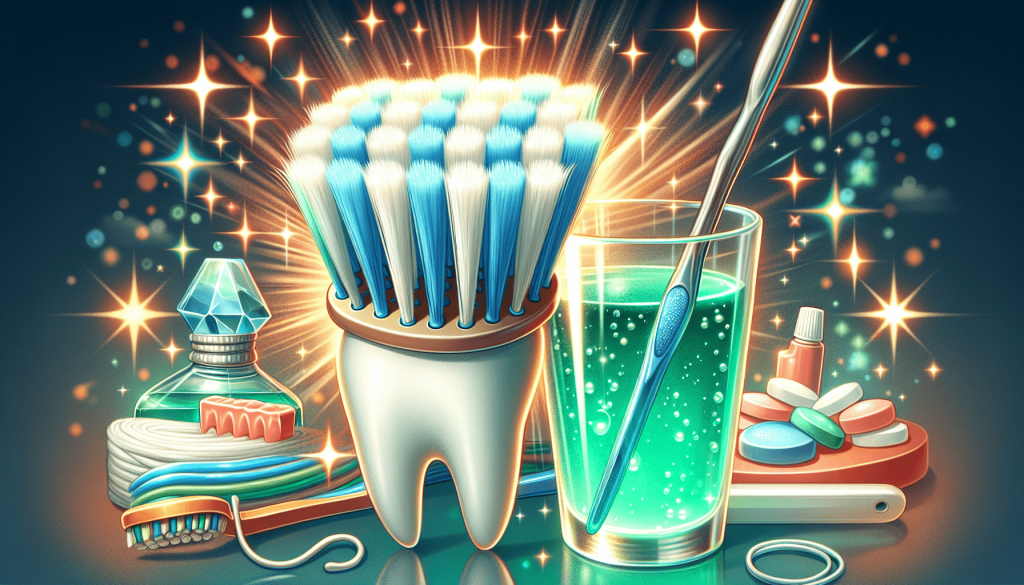
Follow a Healthy Diet
Minimize Sugar Consumption
A significant contributor to dental problems is excessive sugar consumption. Sugary foods and beverages provide fuel for harmful bacteria in the mouth, leading to tooth decay and cavities. To promote healthy teeth, limit your intake of sugary snacks, sodas, and candies. Instead, opt for low-sugar alternatives, fresh fruits, and vegetables. Remember to read food labels carefully, as sugar can hide in unexpected places.
Eat Nutrient-Rich Foods
Maintaining a nutritious diet not only benefits your overall health but also plays a vital role in your oral health. Consume foods that are rich in calcium, such as dairy products, leafy greens, and almonds, to promote strong teeth and bones. Incorporate foods high in vitamin C, like citrus fruits and bell peppers, as this vitamin helps prevent gum disease. Additionally, foods rich in vitamin D, such as fatty fish and fortified dairy products, promote the absorption of calcium and support oral health.
Include Foods that Promote Oral Health
Certain foods can naturally help improve your teeth and gums. Incorporate crunchy fruits and vegetables like apples, carrots, and celery into your diet. Their firm texture helps scrub away plaque and stimulate saliva production, which helps neutralize acid and wash away food particles. Consuming probiotic-rich foods like yogurt can also contribute to a healthy mouth by reducing destructive bacteria levels.
Avoid Frequent Snacking
Frequent snacking throughout the day exposes your teeth to a prolonged acidic environment, increasing the risk of enamel erosion and tooth decay. Try to limit snacking between meals and instead focus on consuming a balanced diet during regular meal times. If you do indulge in snacks, choose healthier options like nuts or cheese, which can stimulate saliva production and neutralize harmful acids.
Limit Damaging Habits
Quit Smoking and Tobacco Use
Smoking and tobacco use pose serious risks to oral health. They not only stain teeth and contribute to bad breath, but also increase the risk of gum disease, tooth loss, and oral cancer. If you smoke or use tobacco products, it’s essential to quit for both your dental and overall health. Consult with your healthcare provider about effective strategies or resources to help you quit.
Reduce or Avoid Alcohol Consumption
Excessive alcohol consumption can have detrimental effects on oral health. Alcohol dries out your mouth, reducing saliva production and increasing the risk of tooth decay and gum disease. Moreover, alcohol can stain your teeth and contribute to bad breath. Minimize alcohol intake and, when you do drink, rinse your mouth with water afterward to help neutralize acid and remove residue.
Limit Coffee and Tea Intake
While a morning cup of coffee or tea can help kickstart your day, excessive consumption can lead to stained teeth. These beverages contain pigments that can discolor your enamel over time. If you can’t resist your daily caffeine fix, consider using a straw to minimize contact with your teeth. Additionally, rinse your mouth with water after consuming coffee or tea to help wash away any lingering residue.
Avoid Chewing on Hard Objects
Chewing on hard objects like ice, pens, or fingernails may seem harmless, but it can cause severe damage to your teeth. These habits put unnecessary stress on your teeth, increasing the risk of chips, cracks, and even tooth fractures. Break these habits and opt for sugar-free gum if you need something to chew on. If you struggle to quit these habits, consult with your dentist or a healthcare professional for guidance.

Regular Dental Check-ups
Schedule Dental Appointments
Regular dental check-ups are vital for maintaining good oral health. It is recommended to visit your dentist every six months for routine examinations and cleanings. These appointments allow your dentist to assess the health of your teeth and gums, detect any potential issues early on, and provide necessary treatments and recommendations. Don’t wait for problems to arise before scheduling a dental appointment; proactive care is key to keeping your teeth healthy.
Undergo Dental Cleanings
Dental cleanings performed by a dental hygienist are an integral part of your oral health maintenance. These cleanings help remove stubborn plaque and tartar buildup that cannot be removed by brushing and flossing alone. During the cleaning, the hygienist will also polish your teeth, leaving them smooth and shiny. Regular dental cleanings contribute to preventing gum disease, tooth decay, and other dental problems.
Discuss Oral Health Concerns
Your dentist is not only there to clean your teeth but also to address any oral health concerns you may have. Whether it’s tooth sensitivity, bleeding gums, or questions about potential treatments, don’t hesitate to bring up any issues during your dental appointment. Open communication with your dentist ensures that you receive personalized advice and appropriate care for your specific needs.
Follow Recommended Treatment Plans
If your dentist diagnoses any dental issues or recommends specific treatments, it is essential to follow their advice. Ignoring or delaying necessary treatments can lead to more significant problems down the line. Whether it’s a filling, a root canal, or orthodontic treatment, prioritize your oral health by adhering to the treatment plan outlined by your dentist. Remember that early intervention and preventive measures can save you both time and money in the long run.
Manage Teeth Grinding
Identify Teeth Grinding Symptoms
Teeth grinding, also known as bruxism, can cause significant damage to your teeth and jaw. Common signs of teeth grinding include headaches, tooth sensitivity, jaw pain, and worn-down teeth. If you experience any of these symptoms, it’s important to discuss them with your dentist. They can evaluate your teeth and jaw alignment and recommend appropriate measures to manage teeth grinding.
Use a Mouthguard at Night
One effective way to manage teeth grinding is to wear a mouthguard while sleeping. A custom-made mouthguard, obtained through your dentist, provides a comfortable fit and protects your teeth from grinding against each other. The mouthguard acts as a barrier, reducing the impact on your teeth and minimizing the damage caused by bruxism. Wearing a mouthguard consistently can help prevent further tooth wear and alleviate associated symptoms.
Practice Stress Reduction Techniques
Stress is a common cause of teeth grinding. To manage bruxism effectively, it’s important to address and reduce stress levels in your life. Engage in relaxation techniques such as deep breathing exercises, meditation, or yoga. Regular exercise, maintaining a balanced lifestyle, and incorporating stress management techniques into your daily routine can help alleviate teeth grinding and promote overall well-being.
Drink Plenty of Water
Opt for Water Over Sugary Beverages
Water is the best beverage choice for your oral health. Unlike sugary drinks, water doesn’t contain harmful acids that can erode tooth enamel or lead to cavities. Drinking water throughout the day helps rinse away food particles and bacteria, promoting a cleaner and healthier mouth. Make sure to choose fluoridated water when available, as fluoride strengthens tooth enamel and protects against tooth decay.
Stay Hydrated Throughout the Day
Staying hydrated is essential not only for your overall health but also for your oral health. When your body is properly hydrated, it produces an adequate amount of saliva. Saliva plays a crucial role in protecting your teeth by neutralizing acids, washing away debris, and remineralizing tooth enamel. Remember to drink water regularly, especially after meals, to maintain optimal saliva production and oral health.
Water Promotes Saliva Production
Saliva acts as a natural defense mechanism for your teeth. It helps wash away food particles, reduces the risk of tooth decay, and promotes the remineralization process. Drinking plenty of water stimulates saliva production, ensuring that your mouth stays hydrated and well-protected. Next time you’re thirsty, reach for a glass of water to benefit both your overall health and your oral health.
Consider Dental Sealants
Learn About Dental Sealants
Dental sealants are a preventive dental treatment that can help protect your teeth from decay. Sealants are a thin, protective coating applied to the chewing surfaces of the back teeth, where decay commonly occurs. The sealant acts as a shield, preventing bacteria and food particles from settling in the grooves and pits of your teeth. Dental sealants are usually clear or tooth-colored, making them virtually invisible.
Ask Your Dentist About Eligibility
Dental sealants are typically recommended for children and teenagers; however, adults can also benefit from this treatment. Talk to your dentist about whether you or your child is eligible for dental sealants. Your dentist will examine your teeth and assess your risk for decay before recommending sealants as a preventive measure. Applying dental sealants is a quick and painless process, and it can provide long-lasting protection for your teeth.
Benefits of Dental Sealants
The application of dental sealants offers several benefits. By preventing tooth decay, sealants help maintain the natural structure and integrity of your teeth. They are particularly effective in protecting the vulnerable chewing surfaces of molars and premolars. With proper oral hygiene practices, dental sealants can last for several years, helping reduce the need for invasive dental treatments. Consider dental sealants as an additional layer of defense for maintaining your oral health.
Avoid DIY Dental Treatments
Consult a Professional Dentist
While there is an abundance of DIY dental treatments and remedies available, it’s vital to consult a professional dentist for any dental issues or concerns. Dentists undergo extensive training and have the expertise to diagnose and treat oral health conditions accurately. Attempting complex dental procedures or self-diagnosing can lead to ineffective or harmful results. Relying on the advice and guidance of a dental professional ensures that you receive appropriate care and achieve optimal oral health.
Don’t Attempt Complex Procedures at Home
It’s essential to avoid attempting complex dental procedures at home without the proper training and equipment. Some individuals may be tempted to perform tasks like tooth extractions or orthodontic adjustments themselves, which can have serious consequences for their oral health. DIY dental treatments can result in infection, damage to surrounding teeth and tissues, and even permanent harm. Trust your dental care to a licensed professional to ensure safe and effective treatment.
Teeth Whitening Options
Explore Professional Teeth Whitening
If you desire a brighter, whiter smile, professional teeth whitening is a reliable option to consider. Professional teeth whitening treatments are performed by dental professionals using high-quality bleaching agents that effectively remove stains and discoloration. They can customize the treatment to your desired shade, ensuring natural-looking and long-lasting results. Professional teeth whitening is a safe and effective way to rejuvenate and enhance your smile.
Consider At-Home Whitening Products
If professional teeth whitening isn’t feasible for you, there are at-home whitening products available that can help improve the appearance of your teeth. These products typically include whitening strips, gels, or trays that contain lower concentrations of bleaching agents compared to professional treatments. Follow the instructions carefully, and be patient, as at-home whitening may take longer to achieve noticeable results. It’s always best to consult your dentist before starting an at-home whitening regimen.
Use Whitening Toothpaste or Mouthwash
Whitening toothpaste and mouthwash can be useful in maintaining a white smile and prolonging the effects of professional whitening treatments. These products typically contain mild abrasives or low concentrations of hydrogen peroxide to gently remove surface stains. It’s important to note that whitening toothpaste and mouthwash may not have the same strength as professional treatments, but they can contribute to a brighter smile when used consistently as part of your oral care routine.
Natural Remedies for Teeth Whitening
There are various natural remedies that claim to whiten teeth, such as baking soda, hydrogen peroxide, or coconut oil pulling. However, it’s crucial to approach these remedies with caution and consult your dentist first. While some may have temporary whitening effects, they can also be abrasive, erode tooth enamel, or cause gum irritation if used improperly. Remember, professional dental care and treatments are the safest and most effective methods for achieving a healthy and radiant smile.
Maintaining healthy teeth is a lifelong commitment that requires dedication and a comprehensive oral care routine. By following these brushing techniques, embracing regular check-ups, adopting a healthy diet, and avoiding harmful habits, you can take control of your oral health and achieve a healthy smile that lasts a lifetime. Remember, your dentist is your partner in oral health, so don’t hesitate to reach out for personalized advice and guidance on your journey to healthy teeth and gums.
Additional Resources


